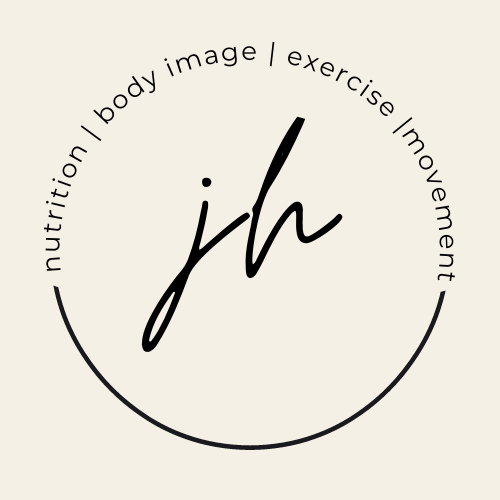{ep. 002} Marci Evans, MS, CEDRD
Today, I’m speaking with Marci Evans, Certified Eating Disorder Registered Dietitian and Certified Intuitive Eating Counselor running a private practice right here in Cambridge, MA. In addition to her private practice and three adjunct teaching positions, Marci runs an online eating disorders training for dietitians and is currently co-developing a specialized eating disorder internship at Simmons College. You can follow her @MarciRD on twitter and Facebook, and visit MarciRD.com to check out some nuggets of wisdom on her blog.
In this episode Marci offers some really concrete tips on how to get started with the practice of Intuitive Eating (outlined below). As she defines it, Intuitive Eating is about knowing yourself first. Then, it’s learning how to integrate the knowledge of the mind, with the wisdom of the body. Contrary to what most people believe, this practice is not simply just about “eating whatever you want.” It’s about getting to know your body on both an intellectual and intuitive level, so you are able to fuel properly, while also enjoying your food.
In this episode Marci highlights three key factors (plus so much more wisdom) to help you get started:
1. Focus First on Meal Timing
While the word “Intuitive” might imply to simply just eat when you feel hungry and stop when you feel full, Marci explains that eating at regular intervals (every 4ish hours), you’ll naturally heighten those sensations of hunger and fullness, and become more in touch with what those sensations feel like, and how to respond to them.
2. Use Calorie Counting as an Experiment
Calories are everywhere! They are hard to avoid. So if you’re someone who relies solely on external factors, think about using that information as a detective might use a clue. If you have a meal that is X number of calories, ask yourself: Did that satisfy me? Did that hold me over until my next meal? Did that help fuel my workout?
3. Constantly Create a Positive Food Environment
A lot of what I hear when I approach clients and readers with the idea of Intuitive Eating is, “I don’t trust myself.” Marci suggests to start simple practices to build trust, such as building a positive food environment. She offers an example of one of her clients, who after seeing her mother-in-law, felt stressed and exhausted, and ate a half pan of brownies. Taking care of yourself, physically and emotionally, and approaching food in a positive, or at least neutral mindset, helps develop intrinsic trust around food.
Click here to listen to the full conversation about these three tips, and so much more.
Which one of these tips do you find most helpful? Let us know in the comments below and let's get a conversation started!
Resources
Intuitive Eating and The Intuitive Eating Workbook (available for pre-order) by Evelyn Tribole, MS, RD and Elyse Resch, MS, RD, CEDRD
The Art of Money by Bari Tessler
Better Than Before by Gretchen Rubi


